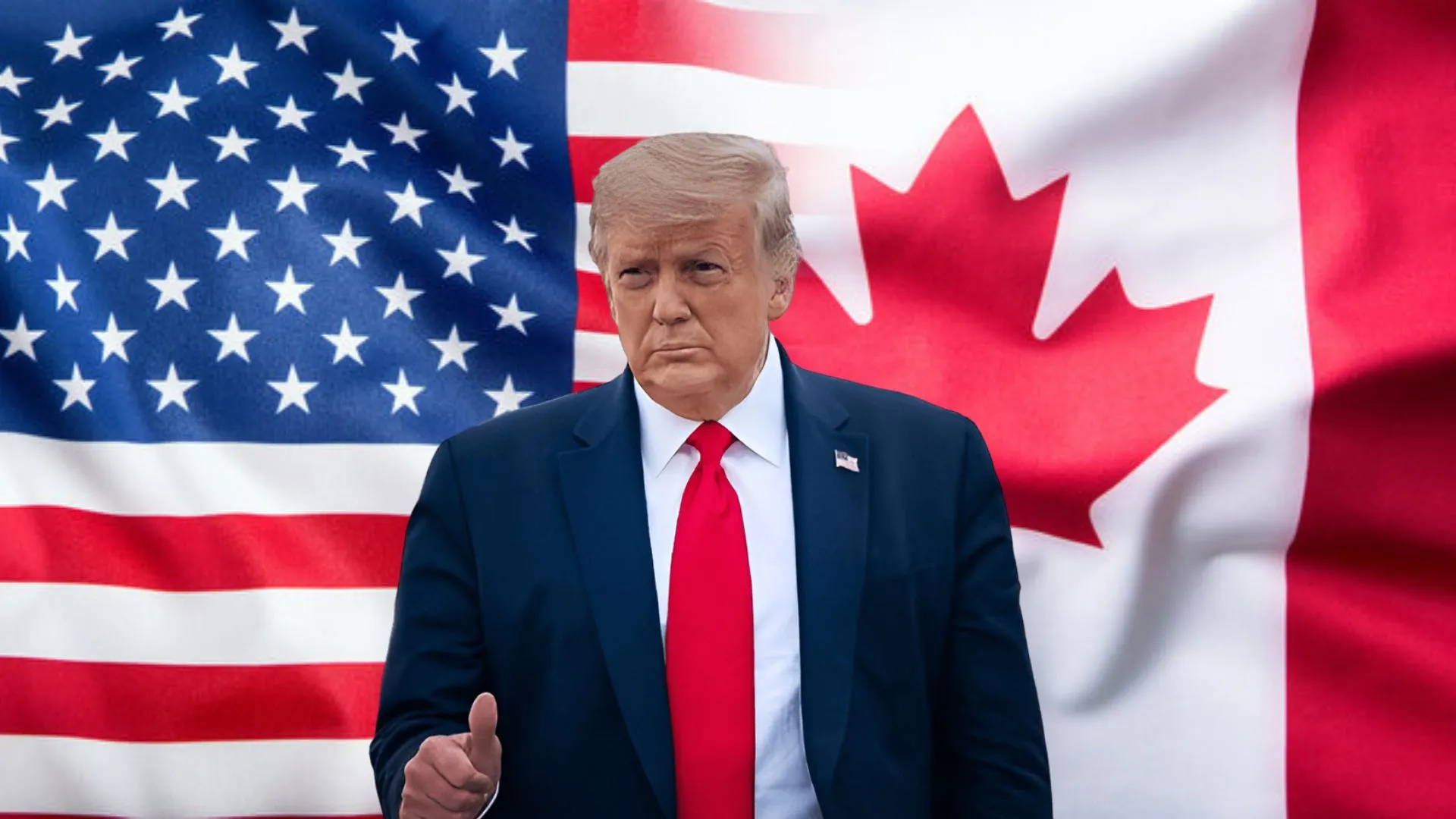In a sharp response to US President Donald Trump’s newly imposed “reciprocal” tariffs, Canada has announced a 25% levy on some US auto imports. The decision, revealed on Thursday, aims to counter Washington’s latest trade restrictions.
Prime Minister Mark Carney confirmed that the tariff will apply to all vehicles imported from the United States that fail to comply with the Canada-United States-Mexico Agreement (CUSMA), according to AFP.
CUSMA, the North American free trade agreement that replaced NAFTA, governs trade relations between Canada, the US, and Mexico.
Canada’s Response to Trump’s Trade Measures
Carney described Canada’s move as a “focused and calibrated” response designed to minimize economic disruptions. However, he did not disclose how many vehicles would be affected by the tariffs.
This retaliation follows Trump’s announcement of a 25% tariff on foreign auto imports, a move he claimed would strengthen domestic manufacturing and generate $100 billion annually.
While unveiling the tariffs, Trump argued that they would encourage factory openings in the US and end what he called a “ridiculous” supply chain stretching across North America.
US Introduces Broad ‘Reciprocal Tariffs’
The auto tariff is part of a broader set of trade measures introduced by Trump. During an event at the White House’s Rose Garden on Wednesday, he announced new tariffs ranging from 10% to 49% on various countries.
The new tariffs include:
-
26% on India
-
34% on China
-
46% on Vietnam
-
10% on the UK
-
49% on Cambodia
-
25% on South Korea
Calling April 2 “Liberation Day,” Trump declared, “Taxpayers have been ripped off for more than 50 years. But it is not going to happen anymore.”
Trade War Escalation Looms
Canada’s response signals growing tensions between the two allies. As both nations stand firm on their trade policies, the dispute could have significant consequences for industries and consumers on both sides of the border.










